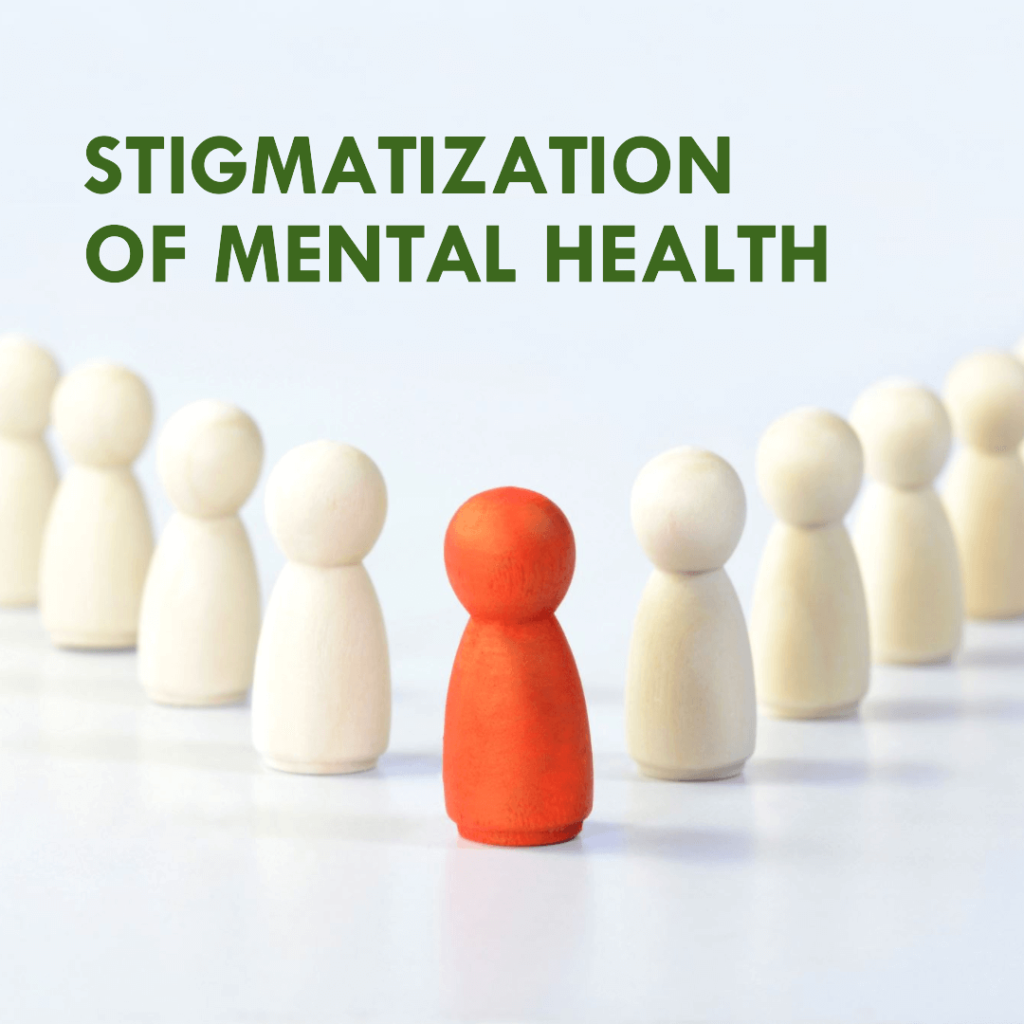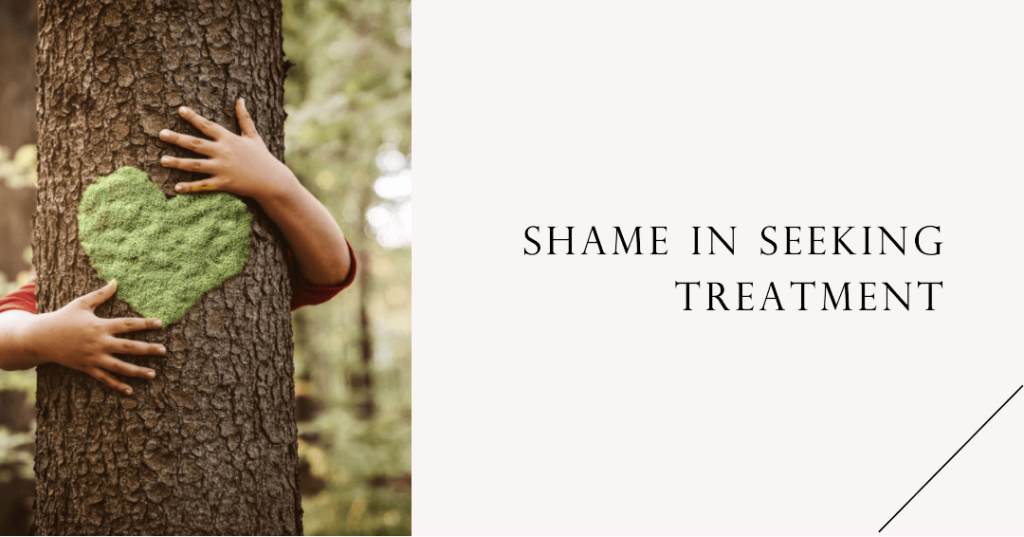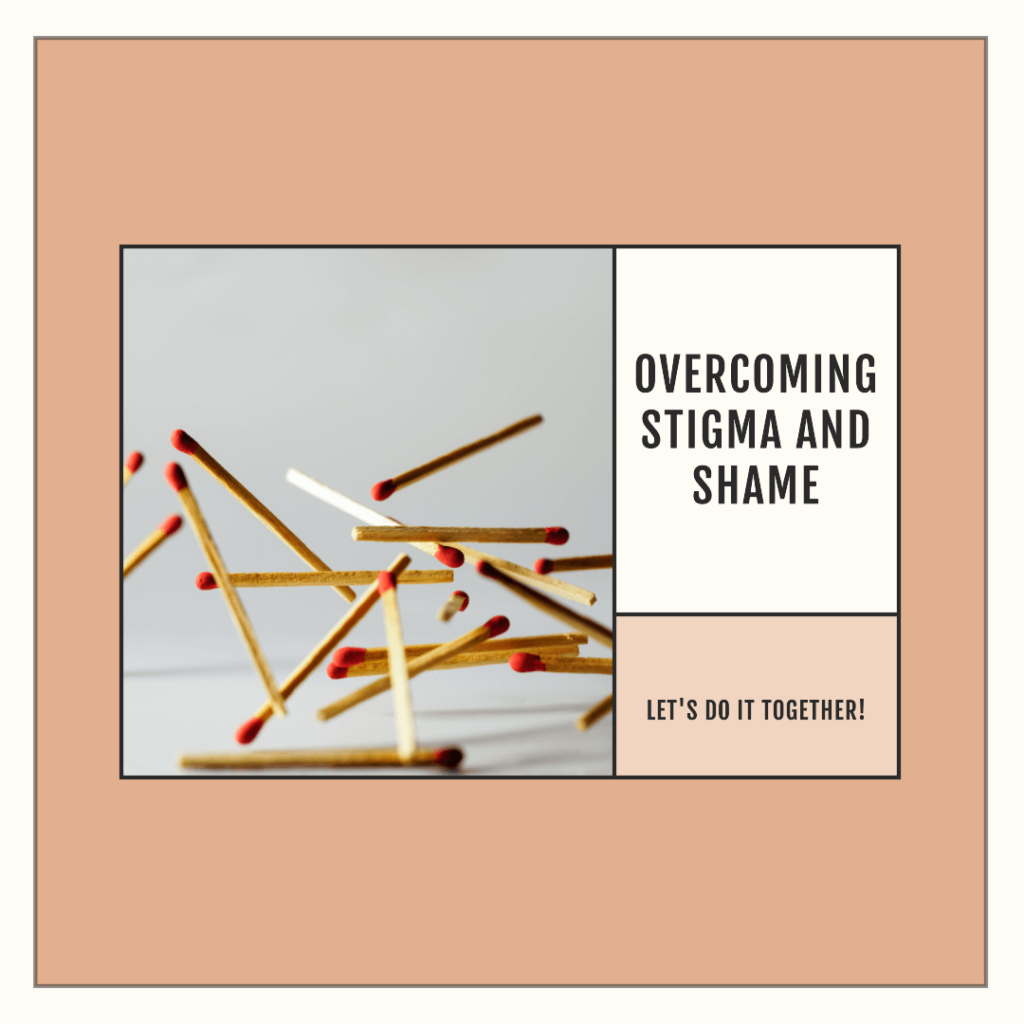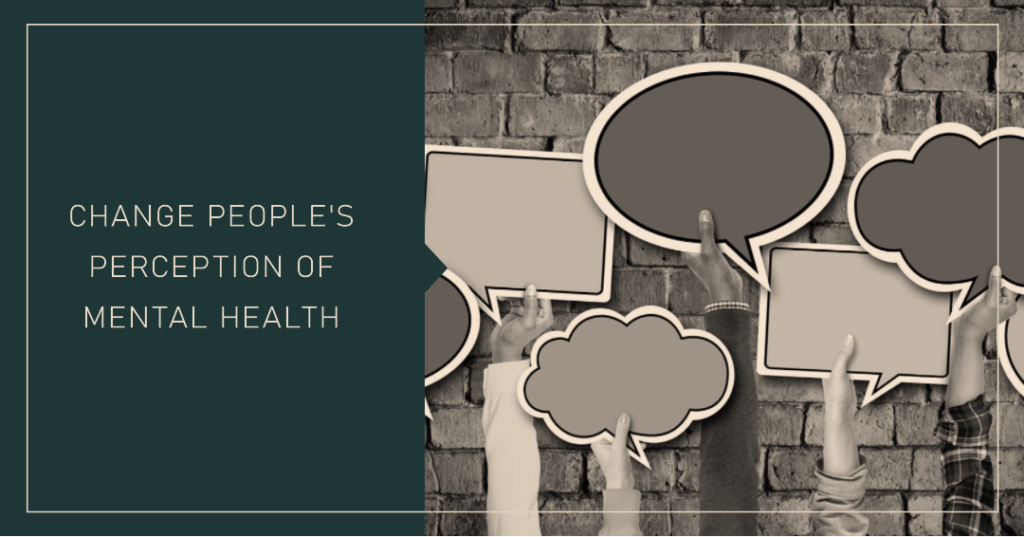Introduction
Mental health is a sensitive topic. It’s not openly discussed, and getting help if you have an illness or condition is difficult. This stigma and shame can have negative consequences, particularly for Northern Nigerian women seeking mental health treatment. I’ll explain why this is happening and what you can do about it in this blog post!

Stigma is a social construct that relates to negative attitudes and beliefs about people who suffer from mental illnesses.
Stigmatizing attitudes can lead to discrimination and other forms of social rejection, with serious consequences for those who are affected.
Stigma also prevents people from seeking help when they are in need.
For example, if a depressed person struggles alone at home after work because friends avoid them or family members don’t understand how they are feeling, this could lead to them returning to silence or isolation—and eventually to suicide.
People who are not directly affected by mental illness can also be stigmatized. If someone is stigmatized because they have a terminal illness, their friends and family will avoid them because they don’t know how to help. Even if the person has no physical symptoms, this can lead to a lonely life.

Shame is a powerful emotion that can prevent people from seeking help. Shame is a feeling that should not be ignored, but rather addressed and overcome.
To begin addressing the stigma associated with mental health, we must first understand what shame is. The word “shame” has many definitions and can mean different things to different people (i.e., cultural).
In Nigerian culture, for example, shame is more closely associated with social relationships than with individual identity or behavior. In this context, “shamed” specifically refers to being publicly humiliated or disgraced as a result of someone else’s actions or words.
So, how can we remove the stigma associated with seeking mental health care?
First and foremost, we must address the issue of shame. Shame is a complex emotion that some people struggle to comprehend.
But, if you’re willing to listen, it’s not as bad as you think! Shaming someone means publicly criticizing or calling them names; it has nothing to do with their actions or behavior, but only with what they think and feel inside.
This can lead to depression and other emotional issues because it makes us feel less than we are in our own eyes (which makes us feel judged by others), which then has a negative impact on our self-esteem!

It also causes us to isolate ourselves from others who may be experiencing similar issues but don’t know how to express themselves other than by being mean.
Stigma and shame is a common feeling, particularly when it comes to mental health. Accepting that you are not perfect and that your thoughts and feelings are valid can be difficult. However, by accepting this truth, we can help to remove the stigma associated with seeking mental health care.
Conclusion
We have a long way to go before stigma is fully addressed. However, with increased awareness and education, we can begin to change people’s perceptions of mental health. We can begin to provide more accessible care for those in need by breaking down the barriers of stigma and shame and fear.

I want to extend a heartfelt thank you for taking the time to read this blog post. I hope it was informative, insightful, and most importantly, useful to you. Mental health is an important topic that affects us all, and I’m grateful for the opportunity to share my thoughts with you.
If you have any thoughts or comments, I encourage you to leave them in the comment box below. Your feedback is essential to me and helps me create content that is tailored to your needs.
If you found this post helpful, please subscribe to my newsletter for more resources and updates on mental health. You can also reach out to me via email if you have any questions or just want to chat. Remember, taking care of your mental health is important, and you are not alone.
Leave a Reply